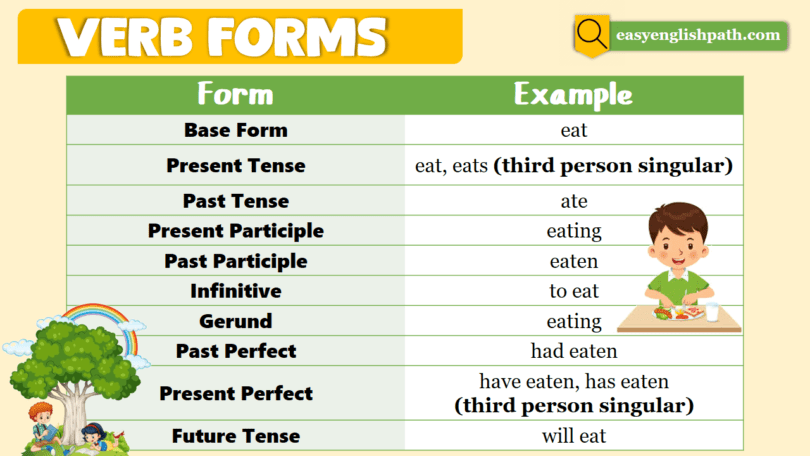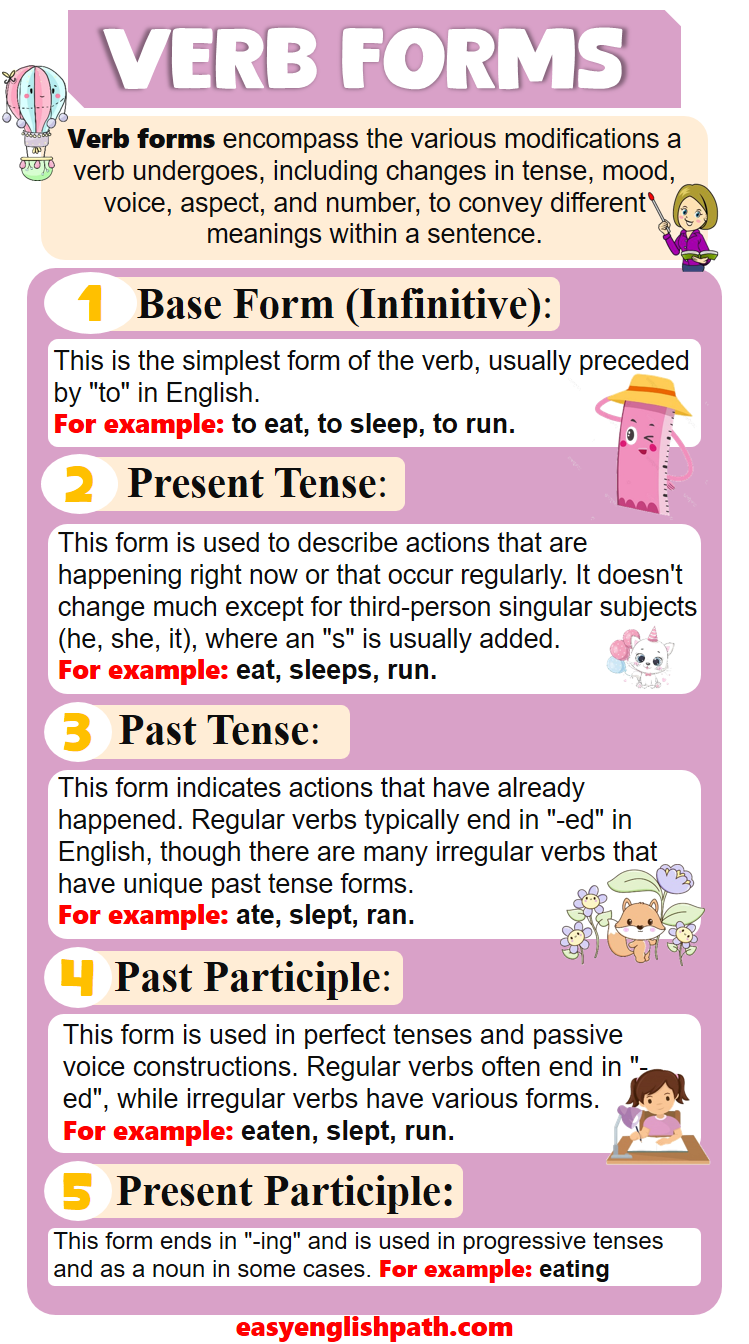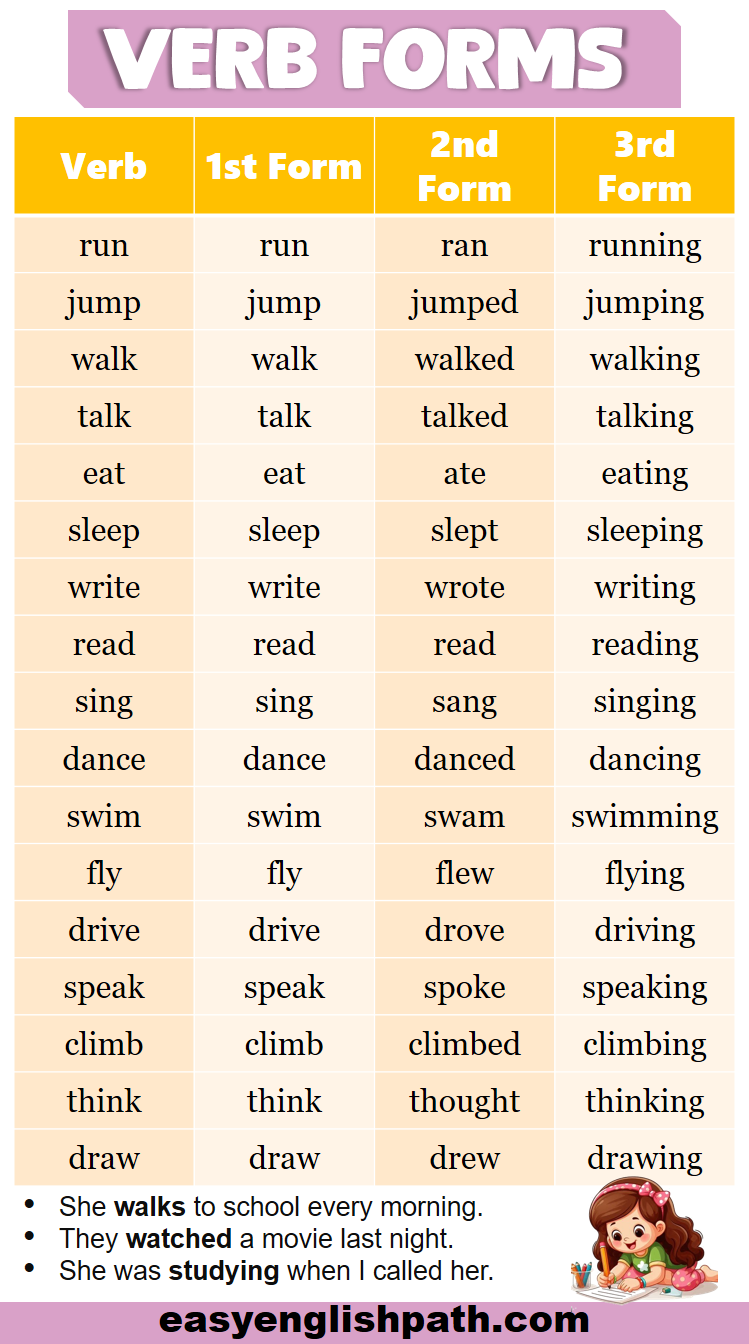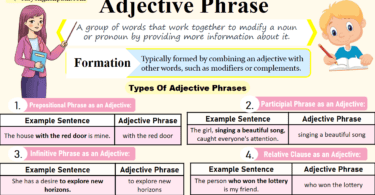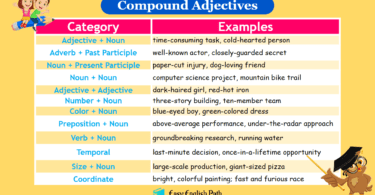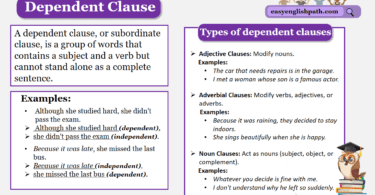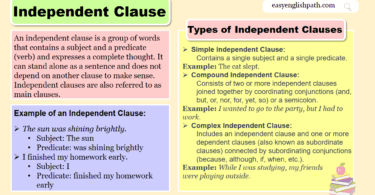Verb forms are the different ways we use verbs in grammar. They help us talk about actions and when they happen. Verb Forms Examples, we can say “I walk” for something happening now or “I walked” for something that happened. We also use verb forms to show if something might happen, should happen, or could happen.
Learning about these forms helps us speak and write clearly so others understand us. Understanding types of verb makes it easier for us to share our thoughts and ideas with others.
What are Verb Forms?
Verb forms refer to the different variations of a verb that indicate tense, mood, aspect, voice, and agreement with subjects and objects in a sentence.
Examples:
- Base Form (Infinitive): I love to swim.
- Present Tense: She dances beautifully.
- Past Tense: He ran yesterday.
- Present Participle (Gerund): They enjoy writing books.
- Past Participle: The book was written by a famous author.
Types of Verb Forms:
- Finite Verbs
- Non-finite Verbs
- Main Verbs
- Auxiliary (Helping) Verbs
- Regular Verbs
- Irregular Verbs
1. Finite Verbs
These are verbs that are conjugated to show tense, person, and number according to the subject in a sentence. They indicate the action or state of the subject.
Examples:
- run
- walk
- write
- is
2. Non-Finite Verbs
These are verb forms that do not show tense, person, or number. They cannot function as the main verb in a sentence and are often used as complements or modifiers.
Non-finite verb forms include infinitives, gerunds, and participles.
3. Infinitives
Infinitives are the base form of a verb, often preceded by “to” .
Examples:
- to run
- to eat
- to sleep
4. Gerunds:
Gerunds are verbs ending in “-ing” that function as nouns
Examples:
- Swimming is fun
- I enjoy writing
5. Participles:
Verb forms that can function as adjectives or as part of verb phrases, with endings such as “-ing” (present participle) or “-ed,” “-en,” or irregular forms (past participle).
Examples:
- the running water
- the broken window
6. Main Verbs
These are verbs that express the main action or state of being in a sentence. They can stand alone and carry the primary meaning of the sentence.
Examples:
- run
- eat
- sleep
- study
7. Helping Verbs
These verbs are used in combination with main verbs to form verb phrases that convey tense, mood, voice, or aspect. They do not carry the main meaning of the sentence but provide grammatical information.
Examples:
- have
- be
- do
- will
- can
- may
8. Regular Verbs
These are verbs that follow a consistent pattern in their conjugation, typically forming their past tense and past participle by adding “-ed” to the base form.
Examples:
- talk-talked-talked
- play-played-played
9. Irregular Verbs
These are verbs that do not follow the standard conjugation patterns in English. They have unique forms for the past tense and past participle, which often need to be memorized.
Examples:
- go-went-gone
- sing-sang-sung
- eat-ate-eaten
Verb Forms List
| Verb | 1st Form | 2nd Form | 3rd Form |
| run | run | ran | running |
| jump | jump | jumped | jumping |
| walk | walk | walked | walking |
| talk | talk | talked | talking |
| eat | eat | ate | eating |
| sleep | sleep | slept | sleeping |
| write | write | wrote | writing |
| think | think | thought | thinking |
| sing | sing | sang | singing |
| dance | dance | danced | dancing |
| swim | swim | swam | swimming |
| fly | fly | flew | flying |
| drive | drive | drove | driving |
| speak | speak | spoke | speaking |
| climb | climb | climbed | climbing |
| think | think | thought | thinking |
| draw | draw | drew | drawing |
Verb Form Examples
- She runs every morning before sunrise.
- They were playing soccer in the park.
- He will arrive at the airport at 3 PM.
- We had dinner at a fancy restaurant last night.
- The cat is sleeping peacefully on the couch.
- I love to write books in my free time.
- Sarah has finished her homework.
- They are building a new house next door.
- The children were laughing and playing together.
- He plays the guitar beautifully.
FAQS
1. What is an infinitive?
An infinitive is the base form of a verb, often with “to” (e.g., to swim).
2. What is a gerund?
A gerund is a verb ending in “-ing” that acts as a noun (e.g., swimming).
3. Can a verb be both a gerund and an infinitive?
Yes, some verbs can be followed by either, sometimes with a change in meaning (e.g., stop smoking vs. stop to smoke).
4. Do gerunds and infinitives function the same way?
Not always; gerunds act as nouns, while infinitives can function as nouns, adjectives, or adverbs.
5. What are some common verbs followed by gerunds?
Common verbs include enjoy, avoid, consider, and finish (e.g., I enjoy reading).
You May Also Like This

